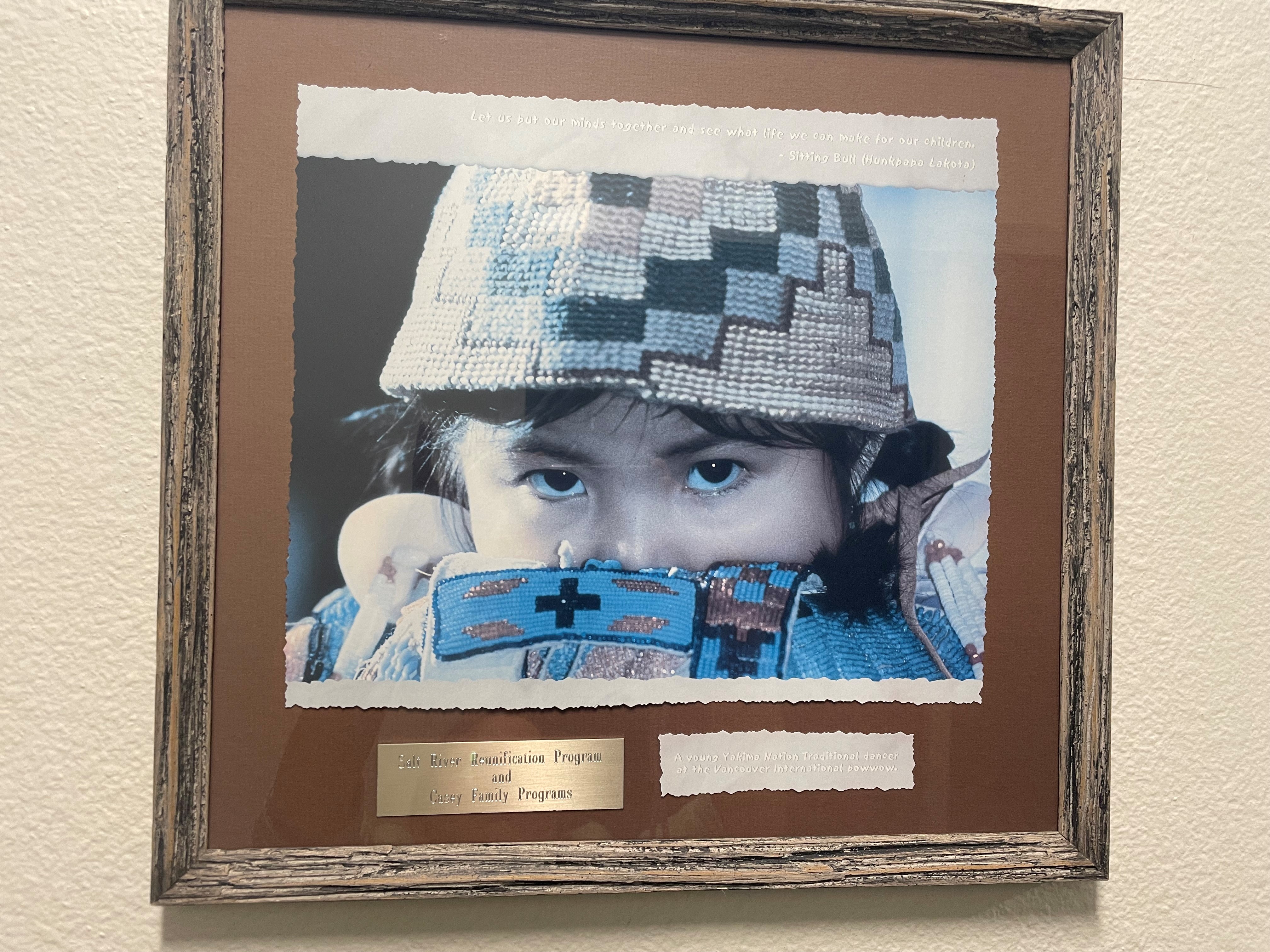
How seriously are we considering the impact of intergenerational trauma?
Adopted children are particularly vulnerable and require a solid foundation in their new families. As a paediatrician and designated doctor for looked-after children, I have witnessed the effects of post-adoption depression (PAD) on both parents and children. Sadly, PAD has been a factor in several serious safeguarding incidents in the UK.
My Churchill Fellowship allows me to study how different agencies address PAD, specifically in the United States, and support adoptive parents. I aim to bring these insights back to the UK to improve adoption processes and help adoptive families thrive.
I am in the States and over halfway through my trip. I am having to think deeply about the experiences of different peoples here. I have just completed a visit to the Salt River Maricopa tribal nation and their adoption, fostering, and kinship agency. I have been learning about the generational trauma the nation has faced through loss of their indigenous lands, removal, forced boarding schools and forced sterilisation which has all been part of their history.
In this nation, children cared for away from birth parents are not adopted in order to enable them to maintain their tribal identity, and in response to their culture of unbreakable ties to family. Instead, children are placed in kinship care with relatives on a permanency order. The agency is absolutely dedicated to keeping children in their families and the support they offer to their kinship carers is enormous; ranging from training and resources, through to practical help with children’s safety equipment, and home repairs. Their policies and procedures are steeped in the beliefs and culture of the nation that they serve. Workers create family trees and seek out relatives proactively.
A hurting child and a hurting family are connected to a community which feels the hurt also. There is a belief that intergenerational trauma is impacting on the experience of that child. The agency staff believe that their work with children and families helps to heal the experience of that child and healing a child brings healing to the community’s experience of trauma. This has deeply challenged me.
In the UK, we talk about trauma informed care. How seriously are we considering the impact of intergenerational trauma? What is the impact on families who in their heritage were victims of slavery and the family now in poverty? What impact does the closure of pits and steel works have on the self-worth of individuals - leading to generations of unemployment and a family in poverty?
I am left with a myriad of questions:
- Are our trauma informed policies and procedures going far enough and thinking broad enough to encompass the impact of intergenerational trauma?
- Is there unconscious bias, discrimination, or power differentials at play which have recurred from generation to generation?
- Are we thinking deeply about the culture that our families are from and considering how our services meet the needs of that culture? Does this feature as we attempt to address health inequalities?
- Or do we expect their culture to change to ours? Are we adding to the trauma?
- Where in our services are we offering healing for our children and our communities?
I don’t have the answers but will go on exploring these issues as I talk with my Integrated Care Board about their Inequalities Agenda, as I help create services for our Looked After and adopted children and I will try to challenge the System to think hard about it too. Please join me in doing that in your services too.
Dr Lynn Snow, Churchill Fellow & Community Paediatrician working as Designated Doctor for looked after children for Leicester, Leicestershire and Rutland.
Join us on 30 January for our webinar with Dr Lynn Snow, Post-adoption depression - research, recognition and response, where she will present the key findings from her research, and share recommendations for agencies, social workers, and local authorities.
